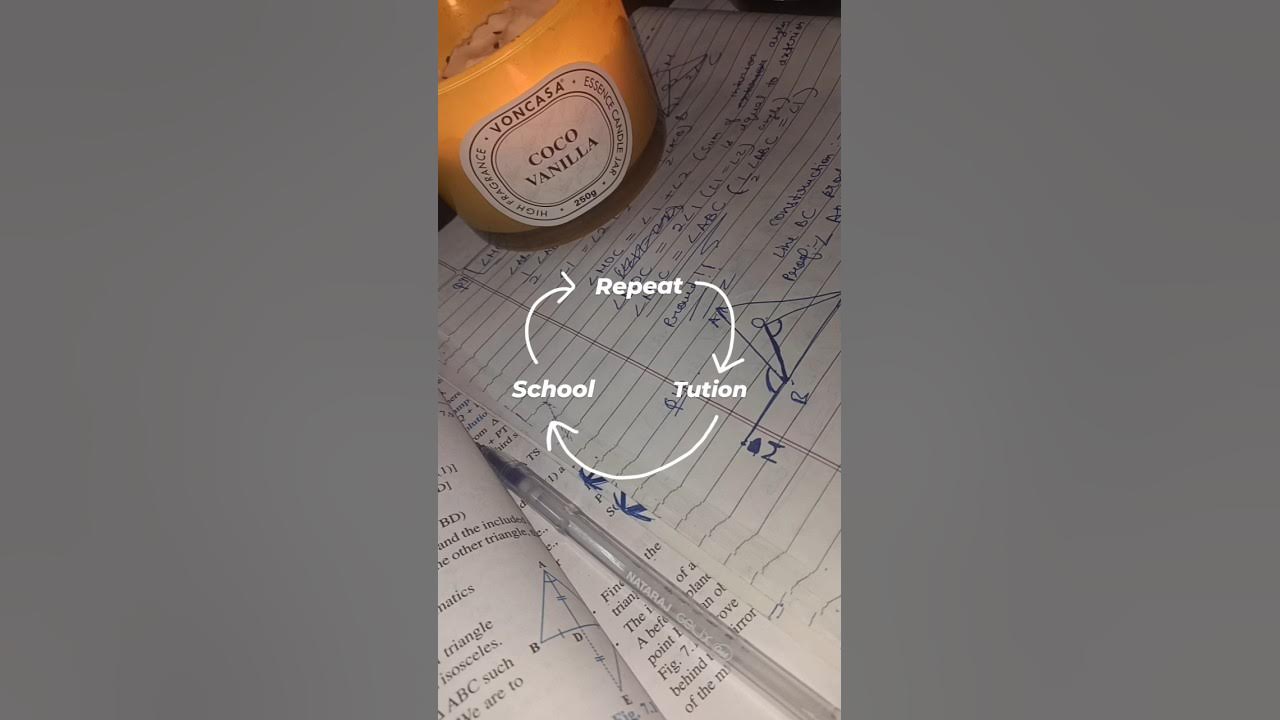
How Old Is the Average 9th Grader? A Comprehensive Guide
Navigating the American education system can bring up a lot of questions, especially when it comes to understanding grade levels and age ranges. One common query parents and students often have is: How old is the average 9th grader? Typically, a student entering 9th grade, often considered the start of high school, is around 14 or 15 years old. However, this isn’t a hard and fast rule. Several factors can influence a student’s age in any given grade. This article will delve into the typical age range for 9th graders, the factors that can affect it, and what to expect during this pivotal year.
Typical Age Range for 9th Graders
The standard age for students in 9th grade is 14 or 15 years old. This is because students generally start kindergarten around age 5 or 6 and progress through each grade level annually. Therefore, by the time they reach 9th grade, they are usually in their early to mid-teens.
To break it down further:
- Turning 14: Some students will turn 14 shortly after starting 9th grade, depending on their birthdate and the school district’s cut-off date for enrollment.
- Age 14 Throughout the Year: Many students will be 14 for the majority of the school year.
- Turning 15: Others will turn 15 during the school year.
- Age 15: Some students might already be 15 when the academic year begins.
It’s important to remember that these are just averages. Individual circumstances can lead to variations in age.
Factors Affecting a Student’s Grade Level and Age
Several factors can influence a student’s age relative to their grade level. Understanding these factors can help contextualize why some students might be older or younger than the typical range.
Early or Late Birthday
One of the most common reasons for age variation is a student’s birthdate in relation to the school district’s enrollment cut-off date. If a child has a late birthday (e.g., in November or December) and the cut-off is early in the school year (e.g., September 1), they might start kindergarten a year later than their peers with earlier birthdays. This means they’ll be slightly older than average throughout their schooling.
Conversely, a child with an early birthday (e.g., in January or February) might start kindergarten earlier, making them younger than average for their grade.
Grade Retention (Repeating a Grade)
If a student struggles academically, they might be held back and required to repeat a grade. This is known as grade retention. Students who have repeated a grade will naturally be older than their classmates. Retention is often considered when a student is not meeting academic standards or is struggling with social and emotional development. This can directly impact how old is the average 9th grader in specific school populations.
Grade Skipping (Acceleration)
On the other end of the spectrum, some students may be academically advanced and eligible to skip a grade, a process known as acceleration. This is less common than grade retention but can occur when a student demonstrates exceptional academic abilities. Students who have skipped a grade will be younger than their peers.
Homeschooling and Unconventional Education Paths
Students who have been homeschooled or have followed unconventional education paths may enter 9th grade at different ages. Homeschooling parents have the flexibility to tailor the curriculum to their child’s individual needs and pace, which can result in students being ahead or behind their age group when they enter a traditional school setting. The student’s entry point can affect how old is the average 9th grader in that specific classroom.
Transferring from Different School Systems
Students transferring from different school systems, whether from another state or country, might find themselves in a different grade level than expected due to variations in curriculum and age requirements. International students, in particular, may experience discrepancies in grade placement.
What to Expect in 9th Grade
Ninth grade is a significant transition year. It’s the first year of high school, and it often comes with increased academic expectations, new social dynamics, and greater independence. Knowing what to expect can help students and parents prepare for a successful year.
Academic Expectations
The academic rigor in 9th grade typically increases compared to middle school. Students are expected to take more responsibility for their learning, manage their time effectively, and develop strong study habits. Common courses include:
- English: Focus on grammar, literature analysis, and writing skills.
- Mathematics: Algebra I or Geometry, depending on prior coursework.
- Science: Biology or Physical Science.
- Social Studies: World History or Geography.
- Electives: Opportunities to explore interests in areas like art, music, foreign languages, or vocational studies.
Social and Emotional Development
Ninth grade is also a time of significant social and emotional development. Students are navigating new social circles, developing their identities, and learning to manage increased independence. Common challenges include:
- Peer Pressure: Making choices that align with personal values.
- Social Anxiety: Adjusting to a larger school environment.
- Time Management: Balancing schoolwork, extracurricular activities, and social life.
- Stress: Managing academic pressure and expectations.
Extracurricular Activities
Participating in extracurricular activities can enhance the high school experience. Sports, clubs, and volunteer opportunities provide students with a chance to explore their interests, develop leadership skills, and build connections with peers. These activities are also beneficial for college applications. [See also: Benefits of Extracurricular Activities in High School]
Addressing Concerns About Age and Grade Level
If you have concerns about your child’s age in relation to their grade level, it’s essential to communicate with school officials. Counselors and teachers can provide valuable insights and support. Here are some steps you can take:
- Schedule a Meeting: Discuss your concerns with the school counselor or principal.
- Review Academic Records: Analyze your child’s academic history to identify any patterns or areas of concern.
- Consider Assessments: Request additional assessments to evaluate your child’s academic and social-emotional development.
- Develop a Plan: Collaborate with the school to develop a plan that addresses your child’s individual needs.
The Importance of Individual Development
While it’s helpful to know the typical age range for 9th graders, it’s crucial to remember that every student develops at their own pace. Comparing your child to others can be counterproductive. Focus on supporting their individual growth and celebrating their achievements.
Understanding how old is the average 9th grader provides a general benchmark, but individual circumstances should always be taken into account. Encourage your child to focus on their strengths, seek help when needed, and embrace the challenges and opportunities that come with high school. This approach will foster a positive and successful learning experience.
Conclusion
So, how old is the average 9th grader? Typically, they are 14 or 15 years old. However, factors like birthdate, grade retention, grade skipping, and unconventional education paths can influence this. The key is to focus on individual development and provide the necessary support for students to thrive in their academic and social environments. As students embark on their high school journey, understanding these nuances can lead to a more informed and supportive educational experience. Remember, the goal is to ensure that each student feels supported and equipped to succeed, regardless of their age relative to their grade level. Understanding how old is the average 9th grader is just one piece of the puzzle, and a holistic approach to education will always yield the best results. The question of how old is the average 9th grader often leads to deeper conversations about educational pathways and individual student needs.

